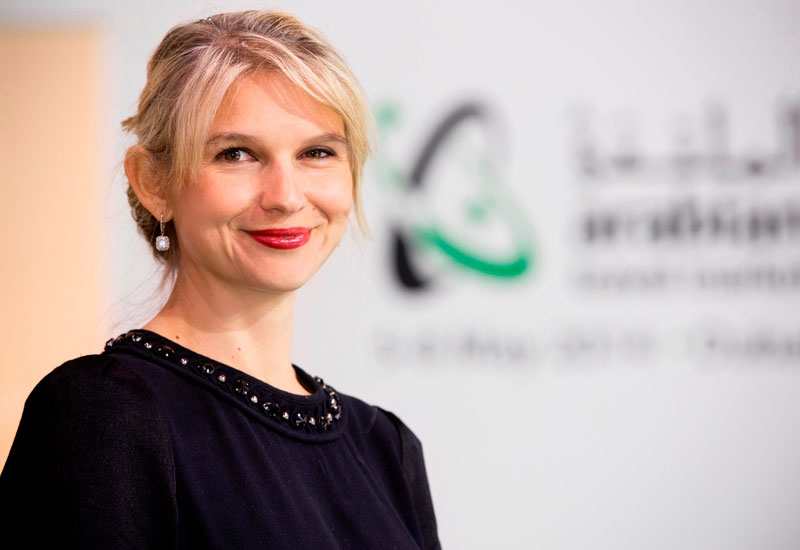“Since our inception, Time Hotels has maintained its commitment to sustainable tourism initiatives and this is led from the top down with buy-in across all departments and from an increasing percentage of our guests,” said Mohamed Awadalla, CEO, Time Hotels.
The company was the first in the Middle East to launch a programme which offered guests the chance to offset the carbon emissions generated during their stay, back in 2014. This has since been rolled out to a number of its properties as well as attaining international hospitality sustainability certification. Other responsible initiatives include a Slow Food programme and development of a suite of environmentally friendly meeting packages.
The line-up of responsible tourism seminars taking place at this year’s Arabian Travel Market includes two afternoon sessions on Tuesday April 26, entitled ‘Coping with success, the sustainability challenge in the region’ and ‘Environmental leadership in the Middle East’; followed be a special master class on using responsible tourism for market advantage and to drive increased revenues.

| Advertisement |
“We are already seeing some great examples of best practice in the region especially when it comes to the environment, and with a number of exciting green building initiatives underway, there is a clear opportunity to raise global awareness of grassroots activity and secure additional business,“ said Noblet-Segers.
The UAE already has more than 5,000km2 of protected natural areas with associated tourism opportunities. These include Dubai’s Ras Al Khor nature reserve, Fujairah’s Bird Island and Abu Dhabi’s extensive Desert Islands programme.
"Experiential tourism is another area where the Middle East needs to get into the traveller mindset and create added value by developing exciting, forward-thinking responsible tourism programmes, and our master class session will build on the discussions from the WTM London 2015 roundtable event,” said Noblet-Segers.
Sharjah’s new ecotourism project in Kalba, which is scheduled to open in 2017, is a good example of experiential tourism, and will include a turtle rehabilitation centre, visitor centre and bird of prey centre.
ATM 2015 witnessed a year-on-year visitor attendance increase of 15% to over 26,000, with exhibiting companies increasing by 5% to 2,873. Business deals worth more than US$2.5 billion were signed over the four days.









 Search our database of more than 2,700 industry companies
Search our database of more than 2,700 industry companies









